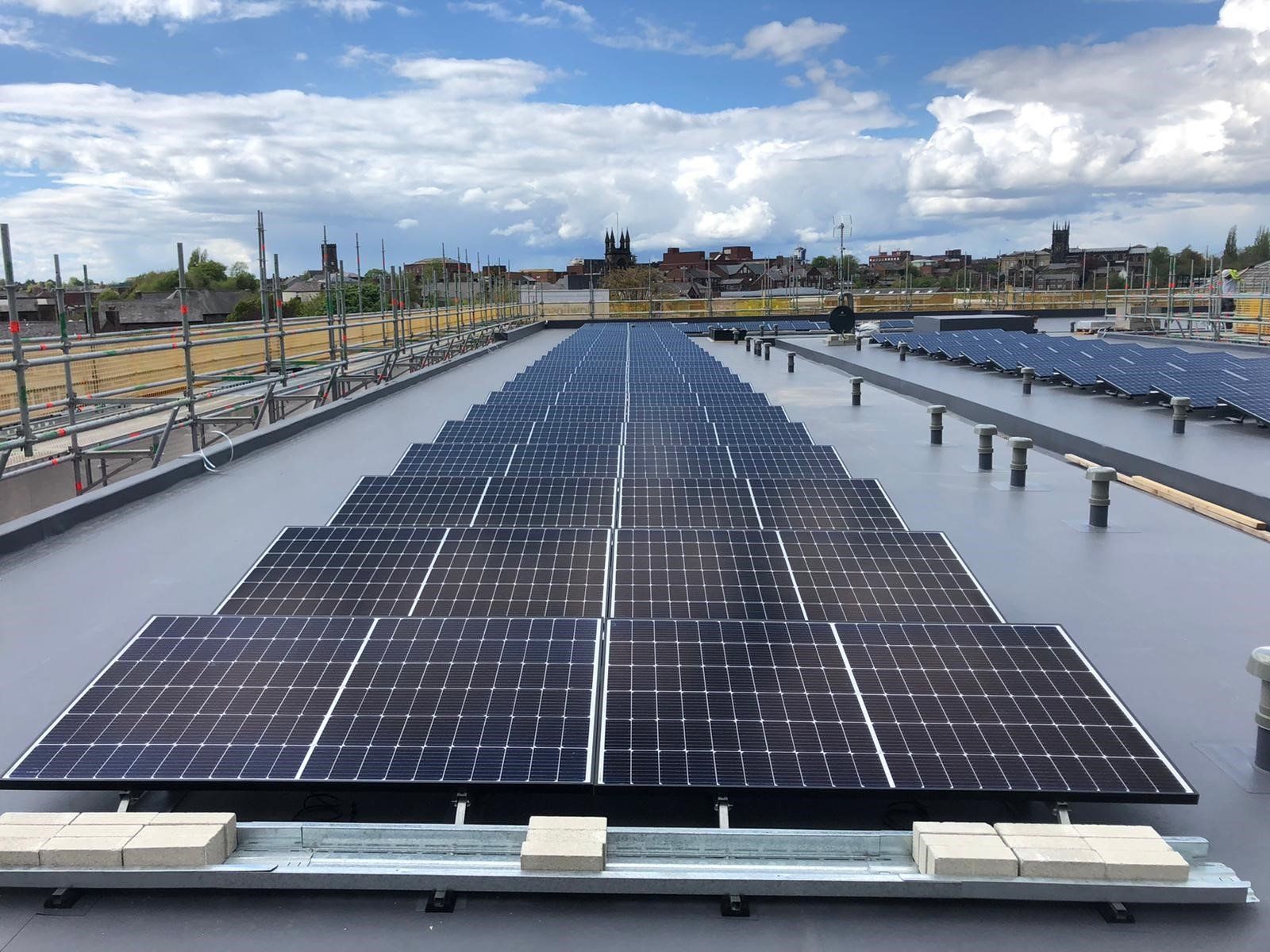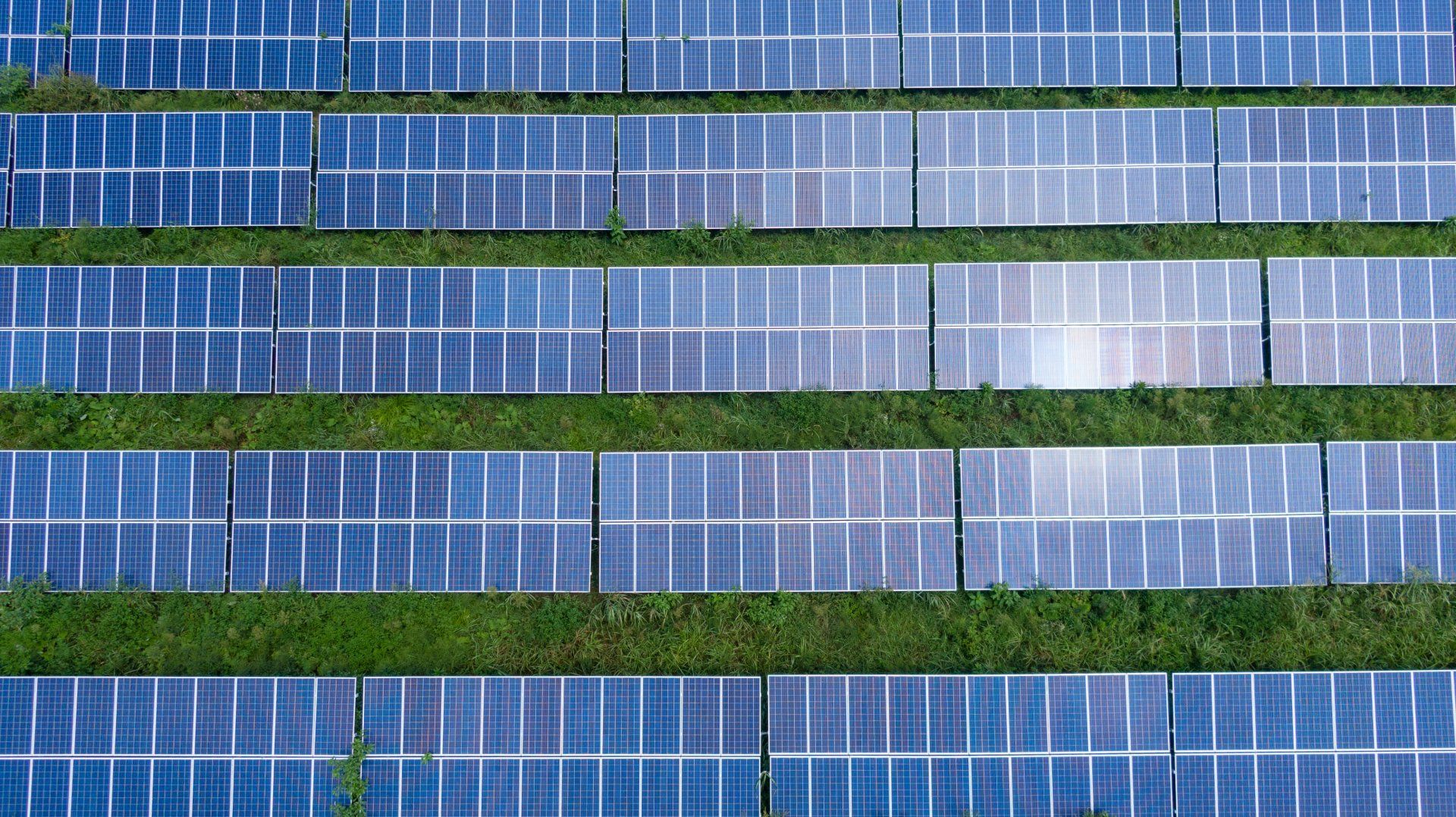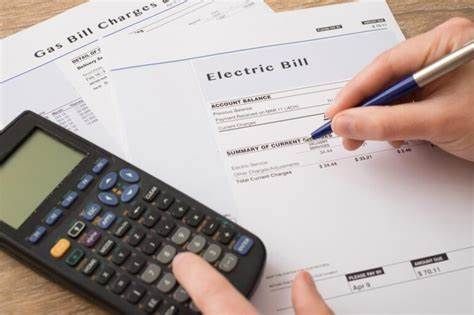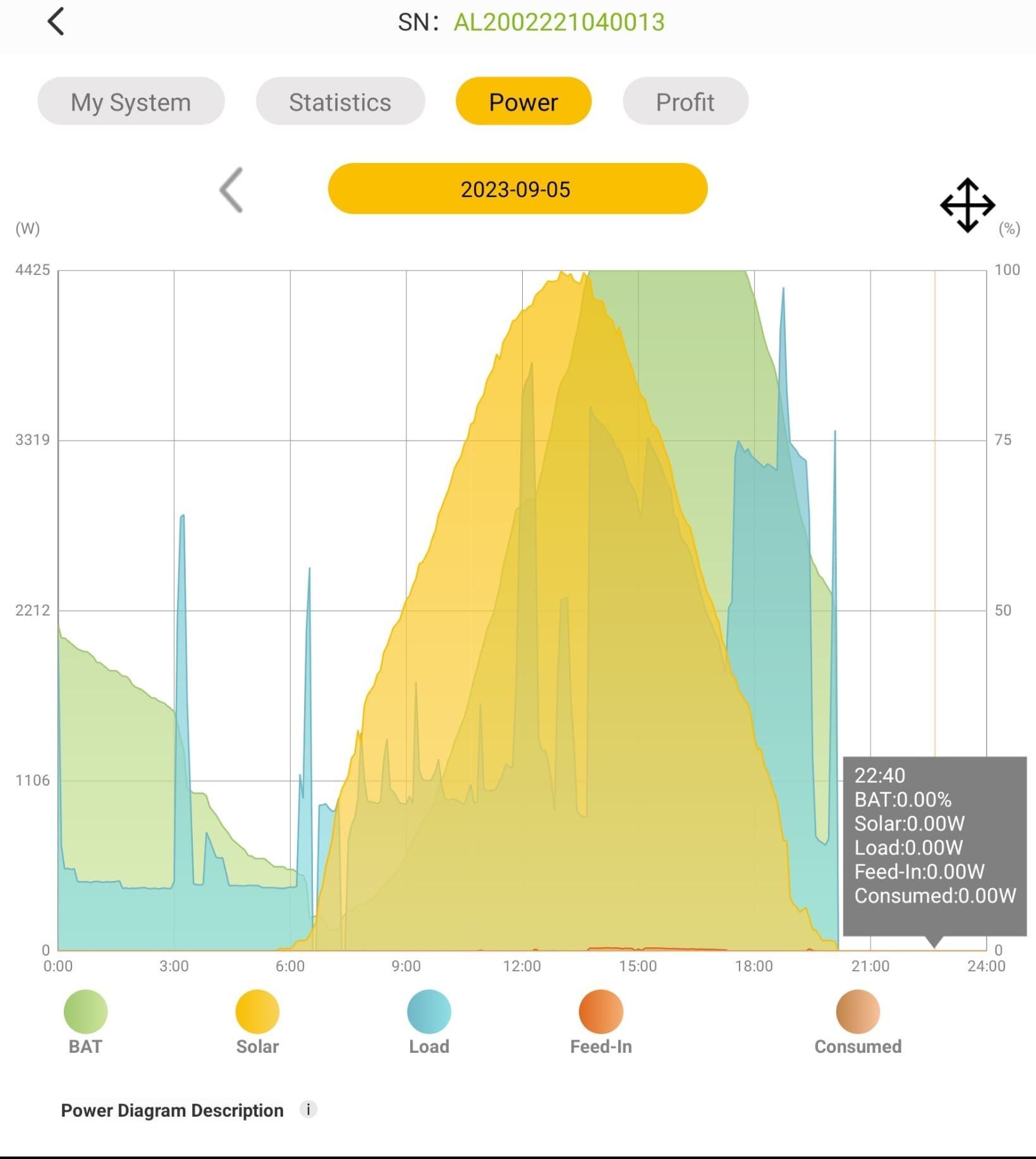How do Solar Panels work?
HOW DO SOLAR PANELS WORK
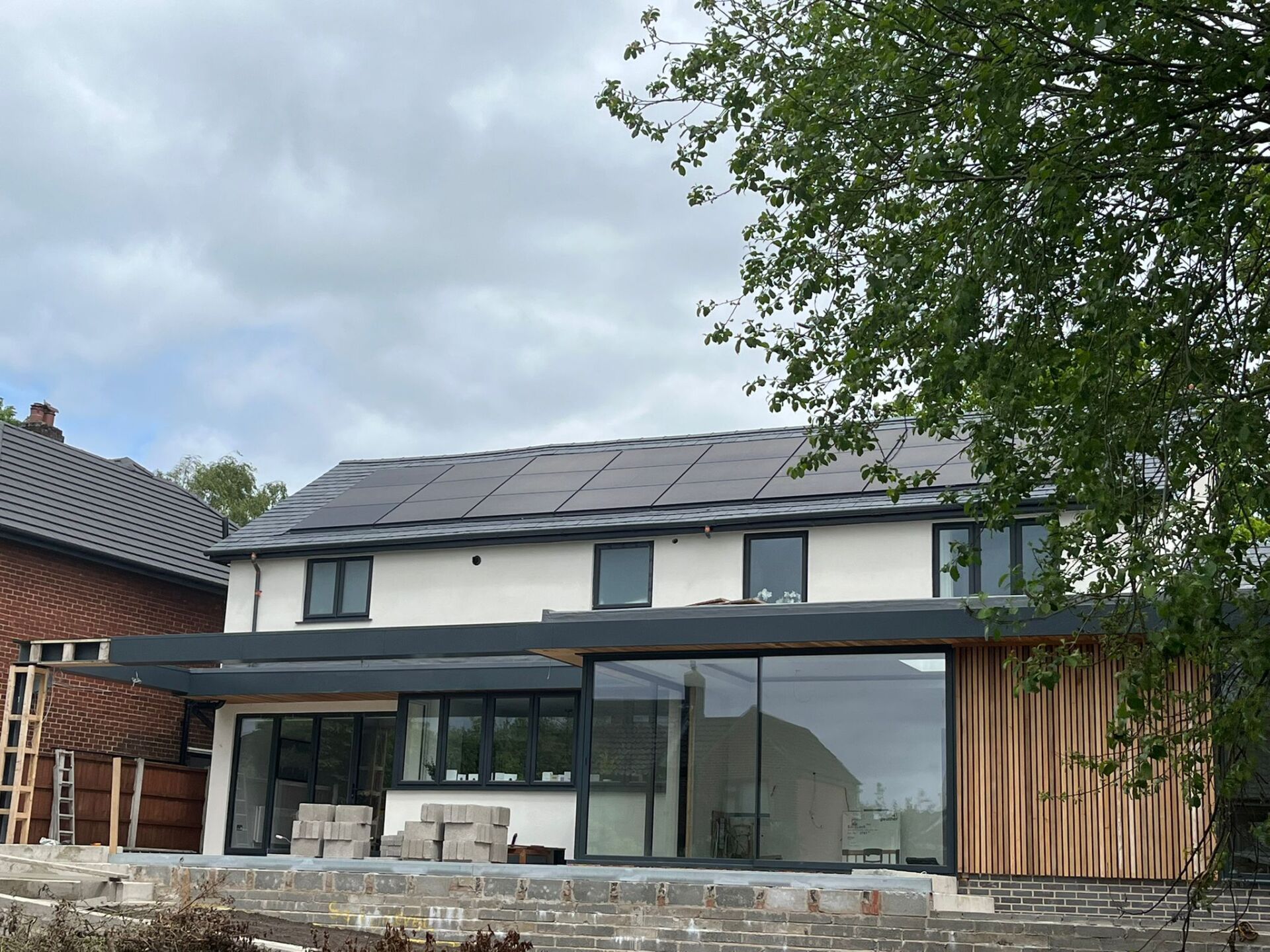
Solar panels and inverters are the two main components of a solar energy system. Solar panels convert sunlight into direct current (DC) electricity, while inverters convert DC electricity into alternating current (AC) electricity, which is the type of electricity used in homes and businesses.
How Solar Panels Work
Solar panels are made up of solar cells. Solar cells are semiconductor materials, such as silicon, that absorb sunlight and create an electrical current. The amount of electricity produced by a solar cell depends on the amount of sunlight it receives. Solar panels are typically connected together in strings. The output of the strings is then connected to an inverter.
How Inverters Work
Inverters convert DC electricity from solar panels into AC electricity. The inverter also regulates the output of the solar panels to match the demand of the home or business.
There are two main types of inverters: grid-tied inverters and off-grid inverters.
Grid-tied inverters are connected to the electrical grid, while off-grid inverters are not.
Grid-tied inverters send excess electricity from the solar panels back to the grid. This electricity can be used by other homes or businesses, or it can be credited to the homeowner's electricity bill.
Off-grid inverters store excess electricity in batteries. This electricity can then be used at night or during times when the solar panels are not producing enough power.
Choosing the Right Solar Inverter The right solar inverter for your home or business depends on a number of factors, including the size of your solar system, the type of inverter you want, and your budget.
Here are some things to consider when choosing a solar inverter:
● The size of your solar system: The size of your solar system will determine the capacity of the inverter you need.
● The type of inverter you want: There are two main types of inverters: grid-tied inverters and off-grid inverters.
● Your budget: Solar inverters can range in price from a few hundred dollars to several thousand dollars.
Benefits of Solar Panels and Inverters Solar panels and inverters offer a number of benefits, including:
● Reduced energy bills: Solar panels can generate electricity that can offset your reliance on the utility grid, which can lead to lower energy bills. ● Increased property value: Solar panels can increase the value of your home by up to 4%.
● Environmental benefits: Solar panels are a clean and renewable source of energy that can help reduce your carbon footprint.
If you are considering installing solar panels, be sure to do your research and choose the right inverter for your needs. Solar panels and inverters can provide you with many benefits for years to come.
